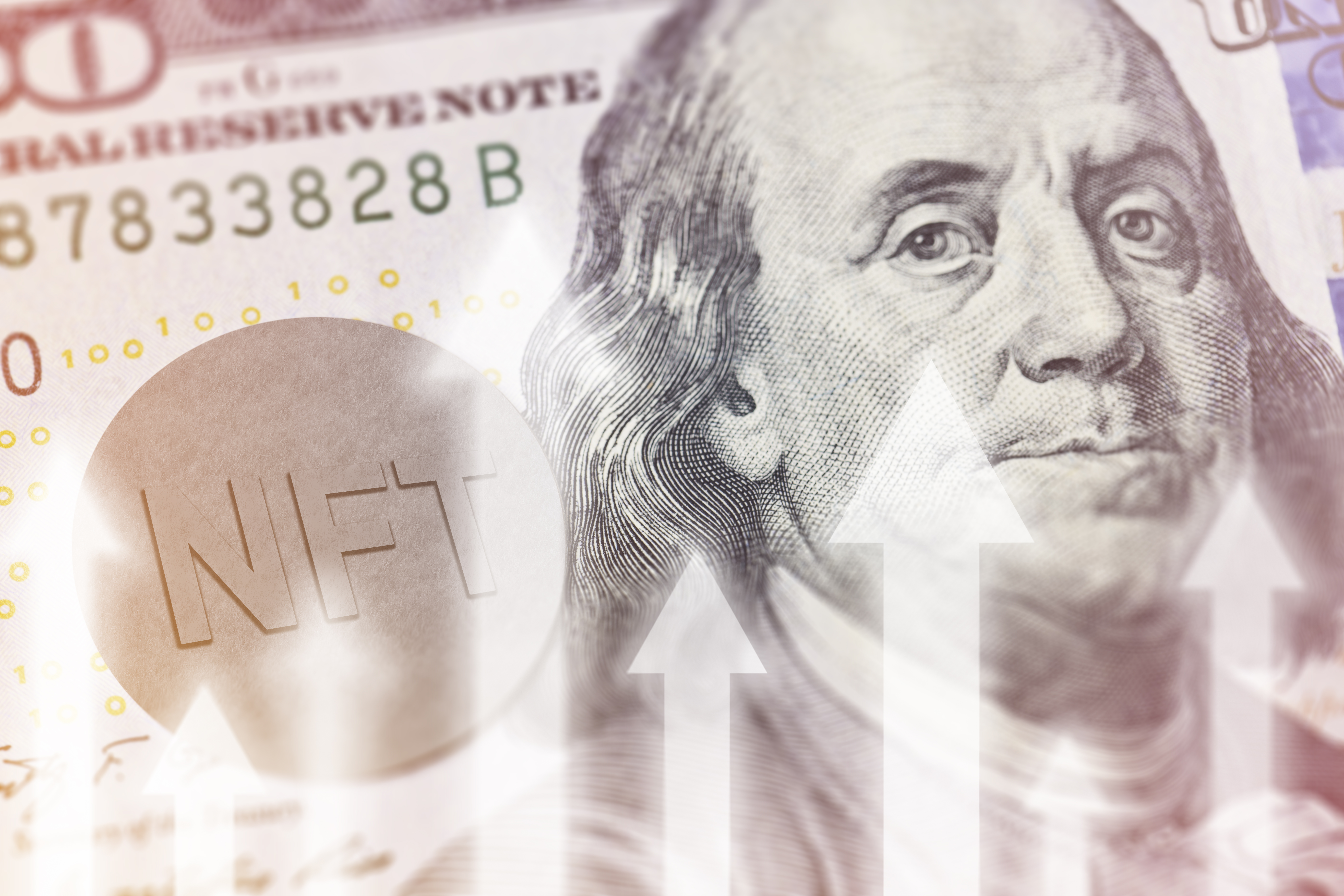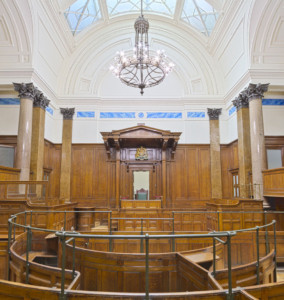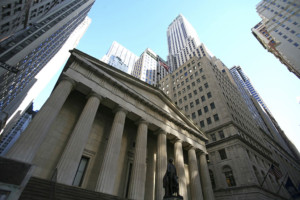Money laundering is the act of concealing the origins of money, usually of criminal origin. When people obtain funds from criminal endeavors, they must find ways to use the money in a non-suspicious manner, since possessing large amounts of money with no legal explanation raises red flags. Many criminal organizations have used the art market to mask the profits of their criminal activities, laundering money through the purchase and sale of art pieces. The art market is legitimate, with many individuals participating in it due to their interest in art or to make profitable investments. Despite this, many high-profile cases have come to light involving transactions made with the purpose of hiding the origins of criminal funds. The art market has always been shrouded in high levels of secrecy. Many participants want to avoid any publicity surrounding the transactions they make. Additionally, this market is not subject to the reporting requirements that apply to transactions made in other sectors, such as banks. With the recent boom in non-fungible tokens, or NFTs, the art market can further be used to launder money with very little, if any, oversight.
As a step in the right direction to avoid money laundering via the art market, a bill titled the ENABLERS Act was introduced in the U.S. House of Representatives last year. Among its goals, the bill expands the application of transaction reporting requirements established in the Bank Secrecy Act. These requirements currently apply to certain financial institutions, such as national banks. The ENABLERS Act seeks to broaden the entities that need to report certain suspicious transactions, including persons who trade collectibles, antiquities, and works of art. If this bill were to become law, art traders would have to report any suspicious activities that may be linked to money laundering.
Do you have a valid claim?
If you witnessed any widespread suspicious activity within your workplace, you might have a chance of becoming a whistleblower by reporting an ongoing fraudulent scheme. However, to increase your chances of success, you must be sure to back up your claim with substantial evidence or privileged information.
A Quick Whistleblower Checklist
Is the fraudulent scheme widespread enough?
Has the fraud been perpetuated for years or involves large sums of money?
Do you possess any physical evidence of the fraud (documents, forged signatures)?
Do you have access to privileged information which may help our investigators?
Do you work as an insider within the company perpetrating the fraud?
Did you witness any ongoing illegal behavior within your workplace?
Have you been forced into taking part in any suspicious corporate activity?





